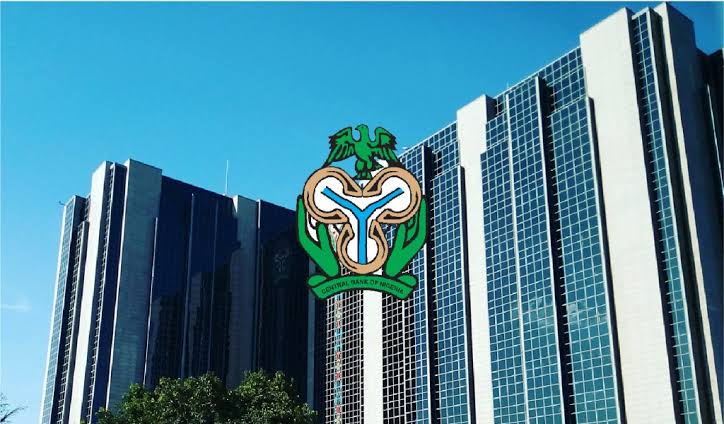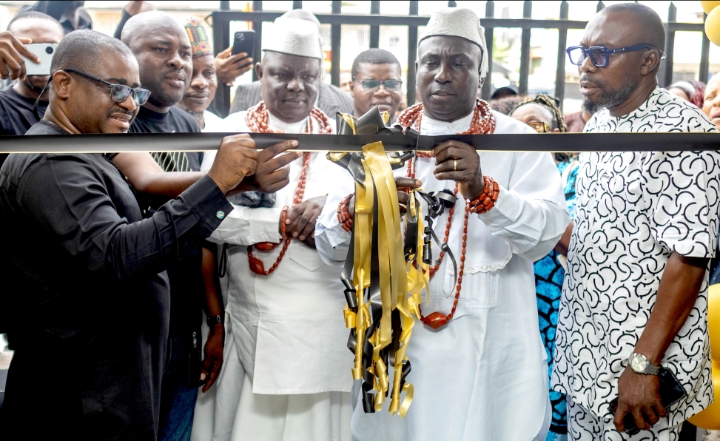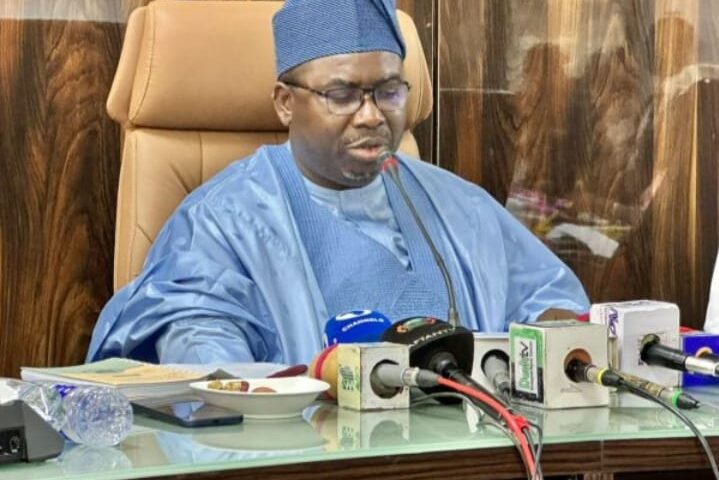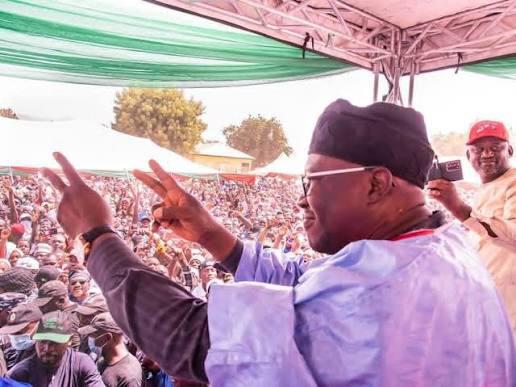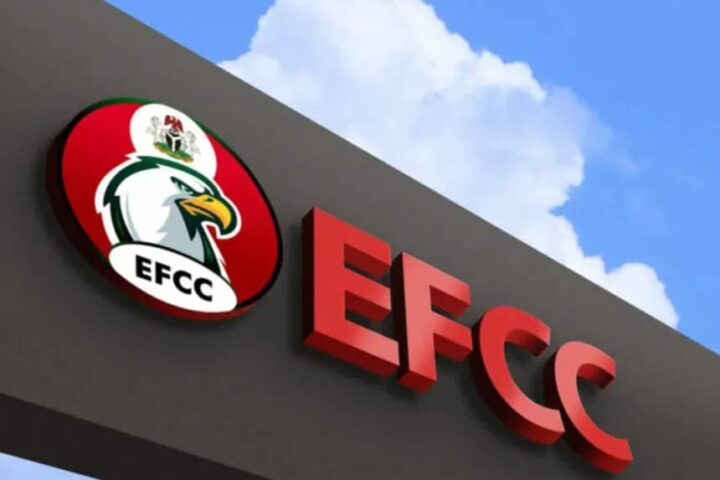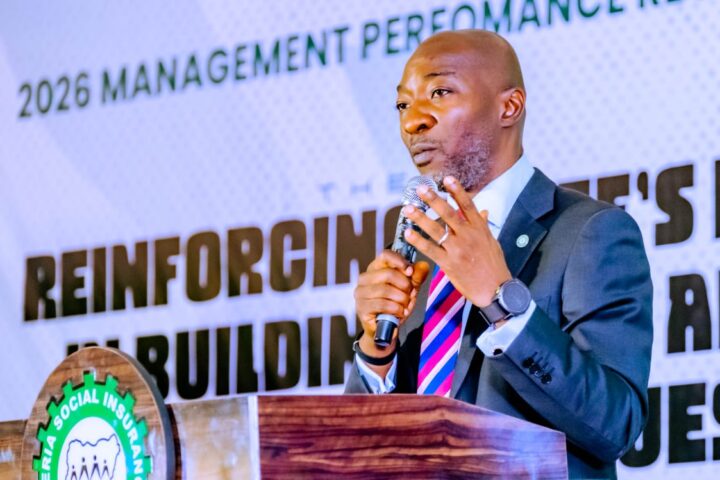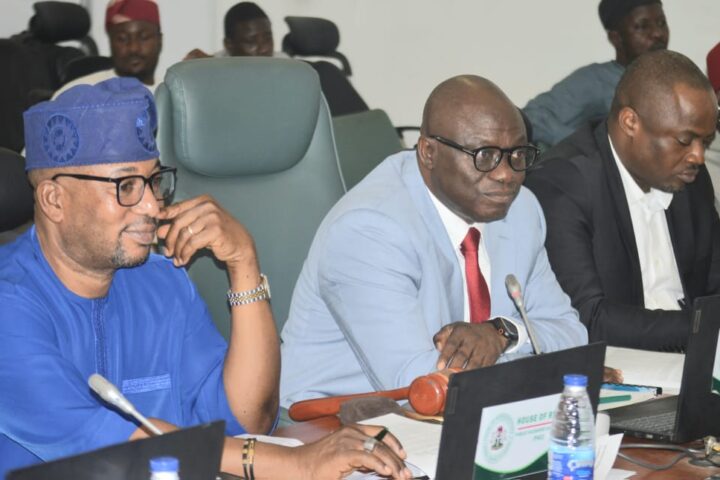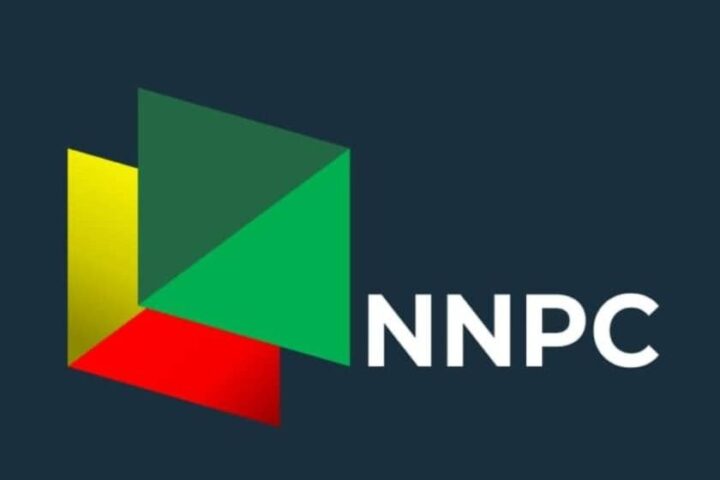Mohammed Shosanya
The Monetary Policy Committee (MPC) of the Central Bank of Nigeria (CBN) at its 296th meeting Raised the Monetary Policy Rate (MPR) by 50 basis points to 26.75 per cent from 26.25 per cent.
According to a communique issued after the meeting by the Central Bank of Nigeria (CBN), the Committee also adjusted the asymmetric corridor around the MPR to +500/-100 from +100/300 basis points, and retained the Cash Reserve Ratio of Deposit Money Banks at 45.00 per cent and Merchant Banks at 14 per cent, while retaining the Liquidity Ratio at 30.00 per cent.
The CBN Governor, Olayemi Cardoso, noted that the Committee’s decision was guided by some significant facts adding that it was mindful of the effect of rising prices on households and businesses and expressed its resolve to take necessary measures to bring inflation under control.
“It re-eemphasized its commitment to the Bank’s price stability mandate and remained optimistic that despite the June 2024 uptick in headline inflation, prices are expected to moderate in the near term. This is hinged on monetary policy gaining further traction, in addition to recent measures by the fiscal authority to address food inflation.
“In its consideration, the Committee noted the persistence of food inflation, which continues to undermine price stability. It was observed that while monetary policy has been moderating aggregate demand, rising food and energy costs continue to exert upward pressure on price development. The prevailing insecurity in food producing areas and high cost of transportation of farm produce are also contributing to this trend. Members were, therefore, not oblivious to the urgent benefit of addressing these challenges as it will offer a sustainable solution to the persistent pressure on food prices.
“Also noted in its consideration, is the increasing activities of middlemen who often finance smallholder farmers, aggregate, hoard and move farm produce across the border to neighbouring countries. The Committee suggested the need to put in check such activities in order to address the food supply deficit in the Nigerian market to moderate food prices. The MPC, therefore, resolved to sustain collaboration with the fiscal authority to ensure that inflationary pressure is subdued.
“In addition, the Committee expressed optimism with the recent stop gap measures by the Federal Government to bridge the food supply deficit. In particular, the 150-day duty free import window for food commodities (maize, husked brown rice, wheat and cowpeas), amongst others, will moderate domestic food prices.
“It is noteworthy that these measures will not lead to direct injection of liquidity into the economy as to cause further inflation.
“While the measure is a welcome development and may prove effective in the short run, it is expedient that it is implemented with a defined exit strategy to avert a possible rollback of the recent gains in domestic food production.
“To support these initiatives, the Bank is already engaging Development Finance institutions like the Bank of Industry (BOI) to ensure adequate support to industries with a focus on Small and Medium Scale Enterprises (SMEs).
“The MPC noted the narrowing spread between the various foreign exchange segments of the market, an indication of price discovery and improved market efficiency, thus reducing opportunities for arbitrage and speculation.
“The Committee noted that the increase in the level of external reserves would further build confidence for a more stable exchange rate and thus urged the Bank to explore available avenues to improve inflows, especially through diaspora remittances.
“In addition, Members noted the efforts of the Federal Government and private sector towards improving domestic refining capacity as this is expected to reduce foreign exchange currently being expended on the importation of refined petroleum products.
“The MPC noted the sustained resilience of the banking system, reflected in improvements of key financial soundness indicators (FSIs). Members further encouraged the continued need for close monitoring of the system, as the implementation of the recapitalization exercise progresses.
“To consolidate on the gains thus far achieved, the Committee re-emphasized its commitment to stay on course with its tightening cycle in view of the urgent need to address inflationary pressures.
“According to the National Bureau of Statistics, domestic headline inflation rose marginally to 34.19 per cent in June 2024 from 33.95 per cent in May 2024, driven by the continued rise in the year-on-year components of food and core inflation.
“Similarly, month-on-month headline inflation rose to 2.31 per cent in June 2024, from 2.14 per cent in the preceding month. The food and core components rose to 2.55 and 2.06 per cent in June 2024 from 2.28 and 2.01 per cent in May, respectively.
“Real GDP (year-on-year) grew by 2.98 per cent in the first quarter of 2024, compared with 3.46 per cent in the fourth quarter of 2023, driven by both the oil and non-oil sectors. Staff forecasts, however, suggest that the domestic economy will grow by 3.38 per cent in 2024, while the IMF has projected growth at 3.1 per cent in 2024.
“As of July 18, 2024, external reserves stood at US$37.05 billion, compared with US$34.70 billion as at end-June 2024. This represents eleven (11) months of import cover for goods and services.
“The global economy, according to the IMF, is forecast to grow at 3.2 and 3.3 per cent in 2024 and 2025, respectively. Headwinds to the global projection remain the tight global financial conditions and ongoing geopolitical tensions associated with the wars in Gaza and Ukraine, both of which have significant impact on commodity prices and the global supply chain.
“Global inflation is forecast to continue to decelerate marginally in 2024 but may stay above the long-run objectives of most advanced economy central banks”.


